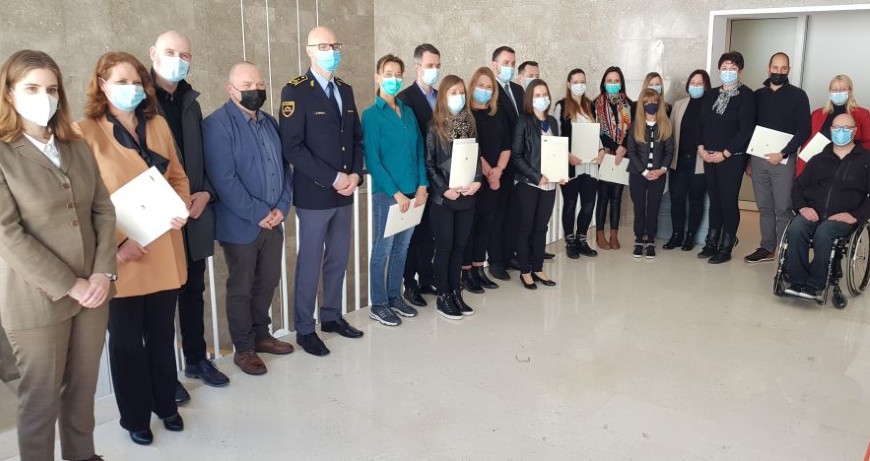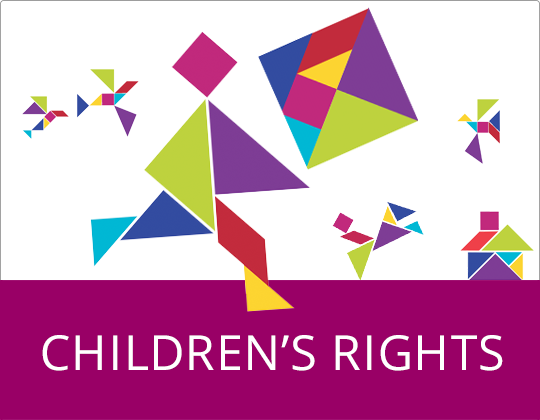From 5 to 7 April, the Council of Europe – European Commission joint project “Supporting the establishment of Barnahus in Slovenia” holds a training of trainers for police officers on forensic interviewing of children. The training follows closely the National Protocol on Forensic Interviewing based on internationally recognised protocols. The National Protocol has been developed in the framework of the project and will be used by all trained police officers.
The goal of the training is to enhance the capacities of police officers who will be interviewing children to collect evidence of alleged abuse cases in the context of the Barnahus model. The training focuses on raising awareness on child sexual abuse, how to approach the collection of evidence in child sexual abuse cases, and how to speak about the topic to children in a respectful and child-friendly manner. The training also provides concrete guidance for participants to be able to pass on the acquired knowledge to other police officers and professionals working with children.
In his opening remarks, Mr. Marjan Dikaučič, Minister of Justice of the Republic of Slovenia, underlined that the implementation of the Barnahus is an opportunity to assess how child-friendly the Slovenian justice system is, and to enhance the capacities of police officers that will lead to a better society for children. The Council of Europe independent expert who designed the content of the training, Linda Cordisco Steele from the US National Children’s Advocacy Center, leads the three-day sessions with 10 police officers. The participants have already received training under the PROMISE 3 project in Slovenia.
The training covers the different phases of a forensic interview, including how to take into account developmental considerations, how to question children, how to create an optimal environment for relationship building and gathering details, and how to conclude the interview.




